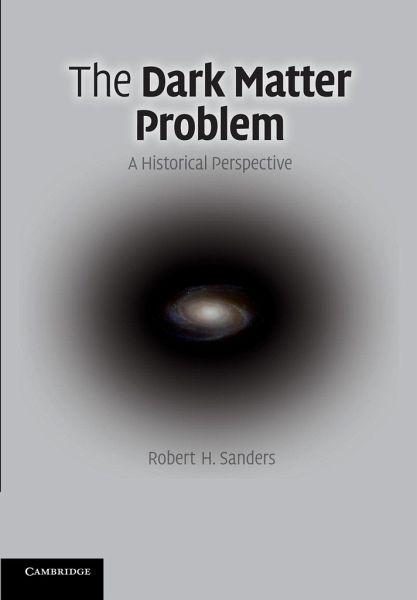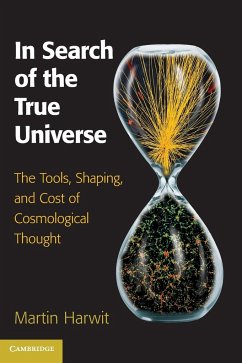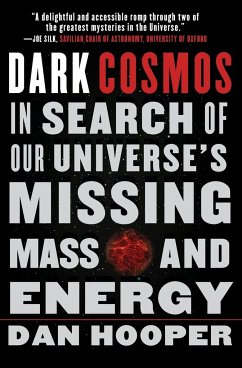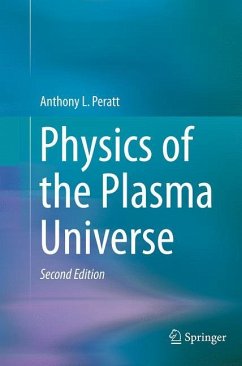
The Dark Matter Problem
Versandkostenfrei!
Versandfertig in 1-2 Wochen
36,99 €
inkl. MwSt.
Weitere Ausgaben:

PAYBACK Punkte
18 °P sammeln!
Most astronomers and physicists now believe that the matter content of the Universe is dominated by dark matter: hypothetical particles which interact with normal matter primarily through the force of gravity. Though invisible to current direct detection methods, dark matter can explain a variety of astronomical observations. This book describes how this theory has developed over the past 75 years, and why it is now a central feature of extragalactic astronomy and cosmology. Current attempts to directly detect dark matter locally are discussed, together with the implications for particle physi...
Most astronomers and physicists now believe that the matter content of the Universe is dominated by dark matter: hypothetical particles which interact with normal matter primarily through the force of gravity. Though invisible to current direct detection methods, dark matter can explain a variety of astronomical observations. This book describes how this theory has developed over the past 75 years, and why it is now a central feature of extragalactic astronomy and cosmology. Current attempts to directly detect dark matter locally are discussed, together with the implications for particle physics. The author comments on the sociology of these developments, demonstrating how and why scientists work and interact. Modified Newtonian Dynamics (MOND), the leading alternative to this theory, is also presented. This fascinating overview will interest cosmologists, astronomers and particle physicists. Mathematics is kept to a minimum, so the book can be understood by non-specialists.














